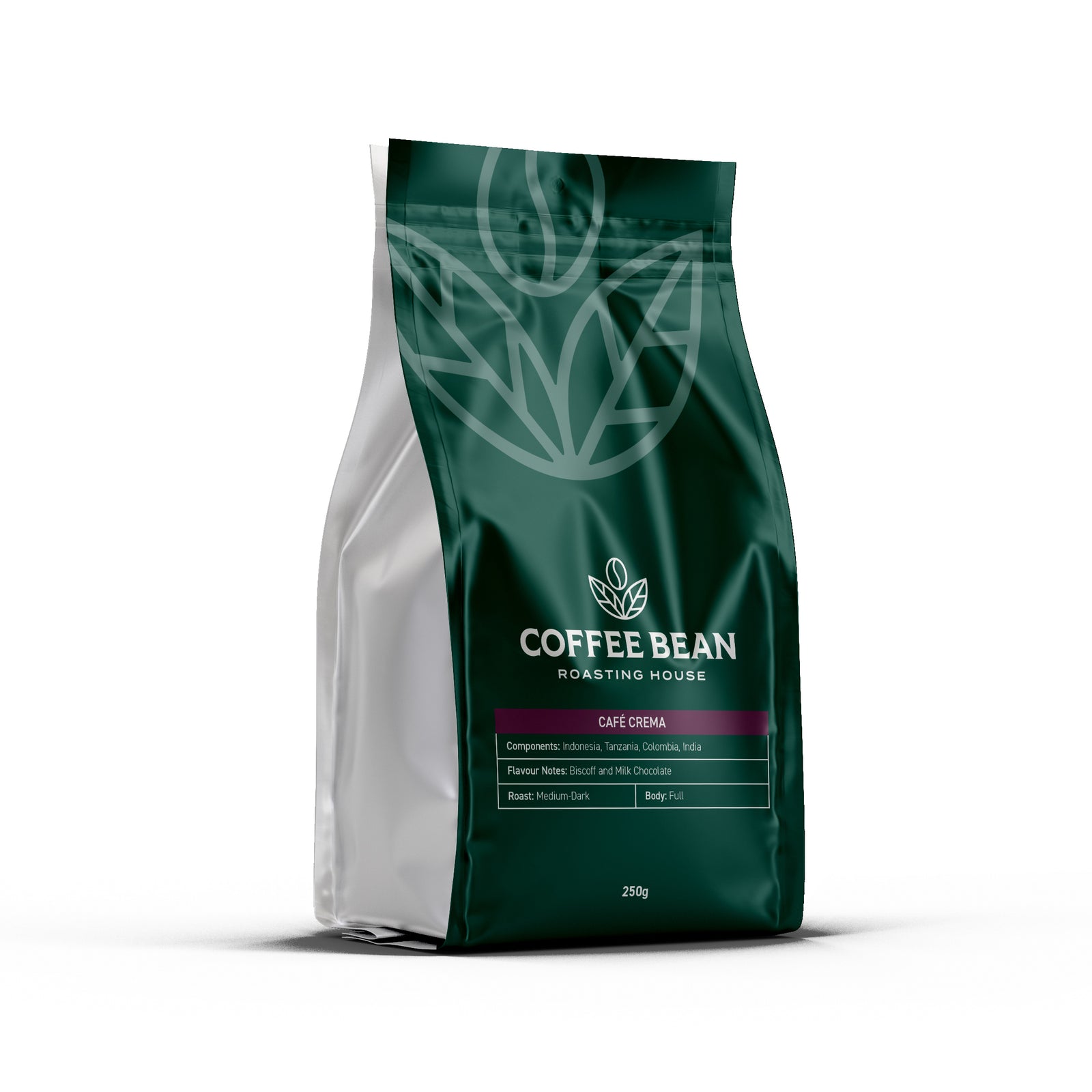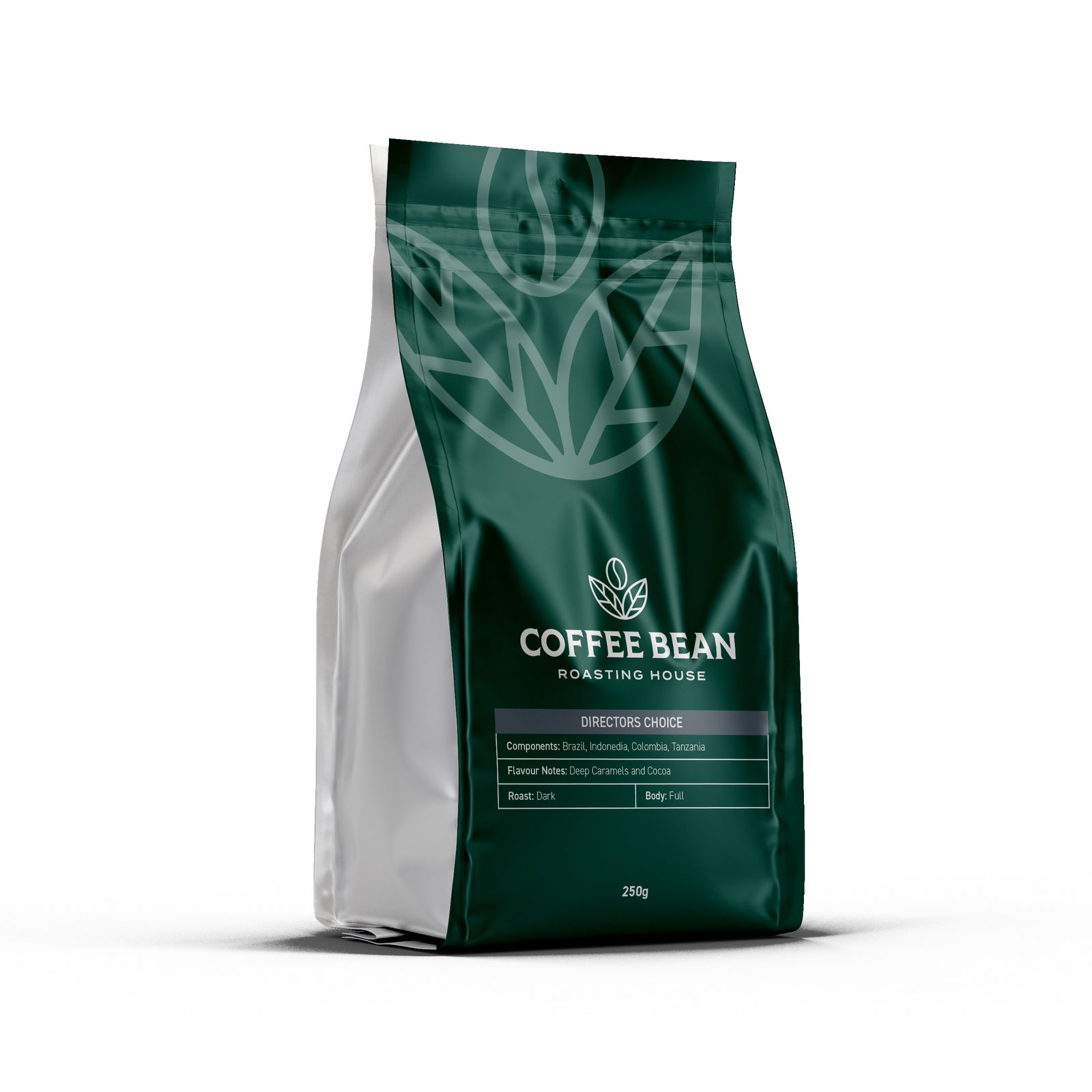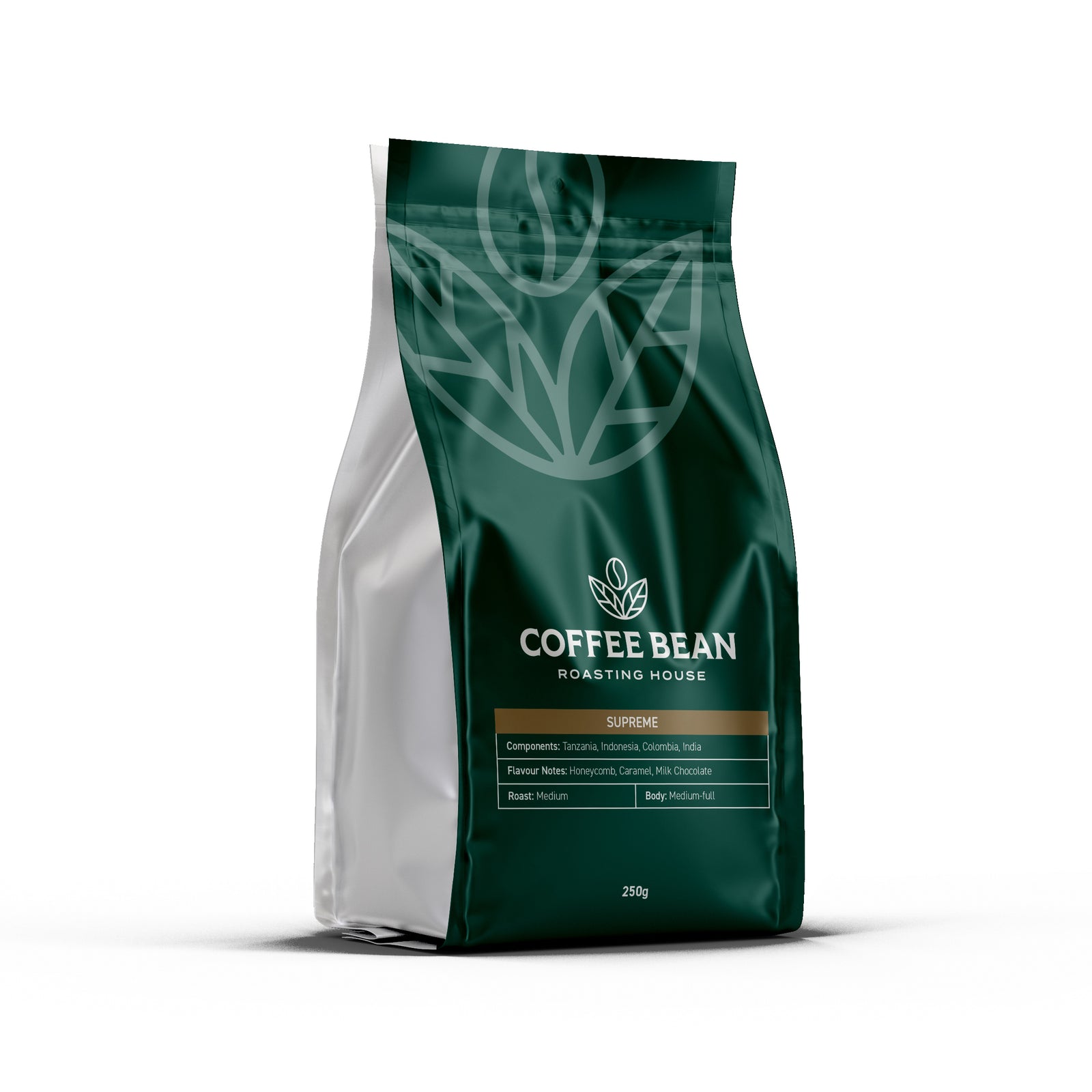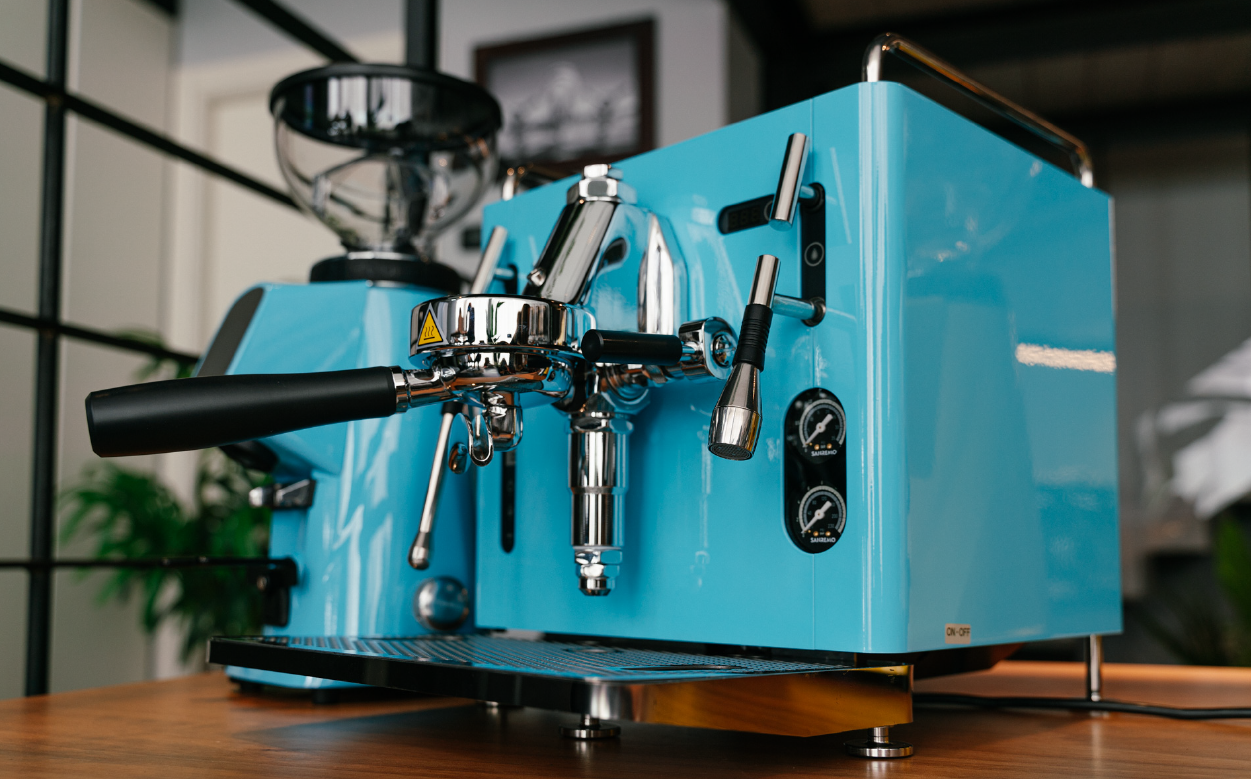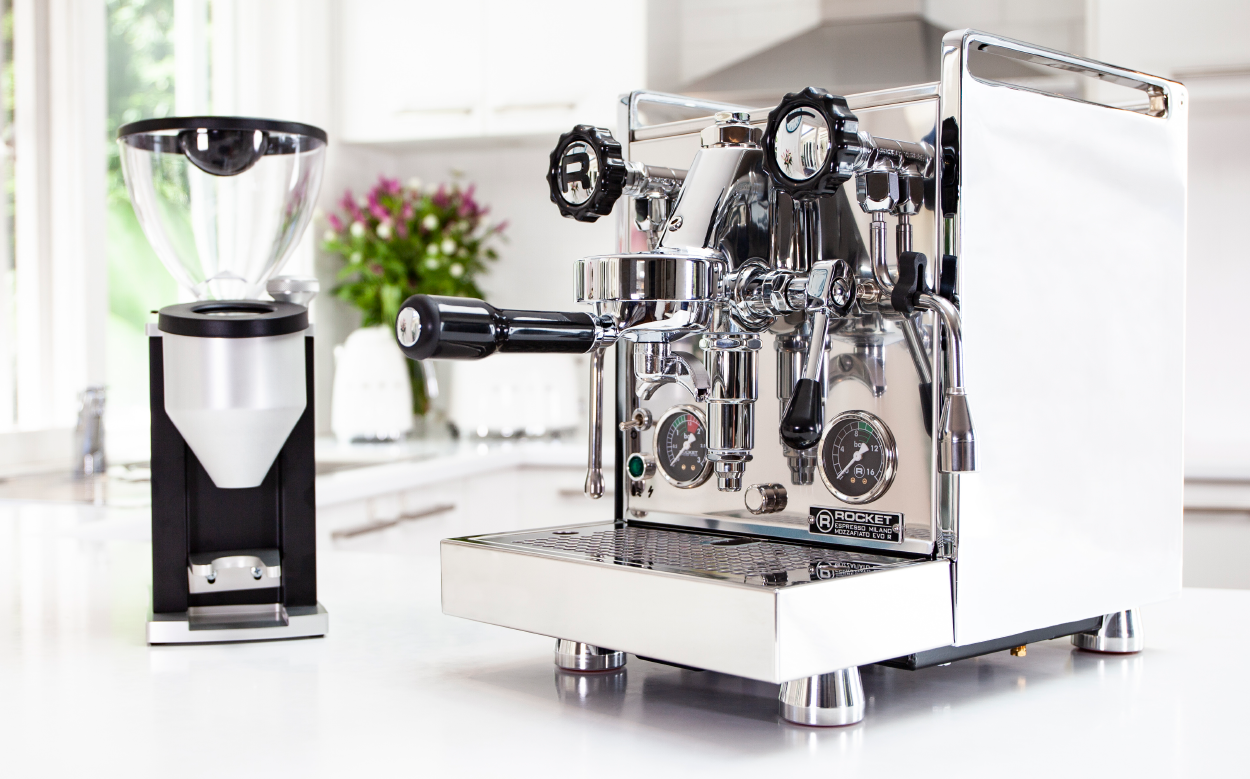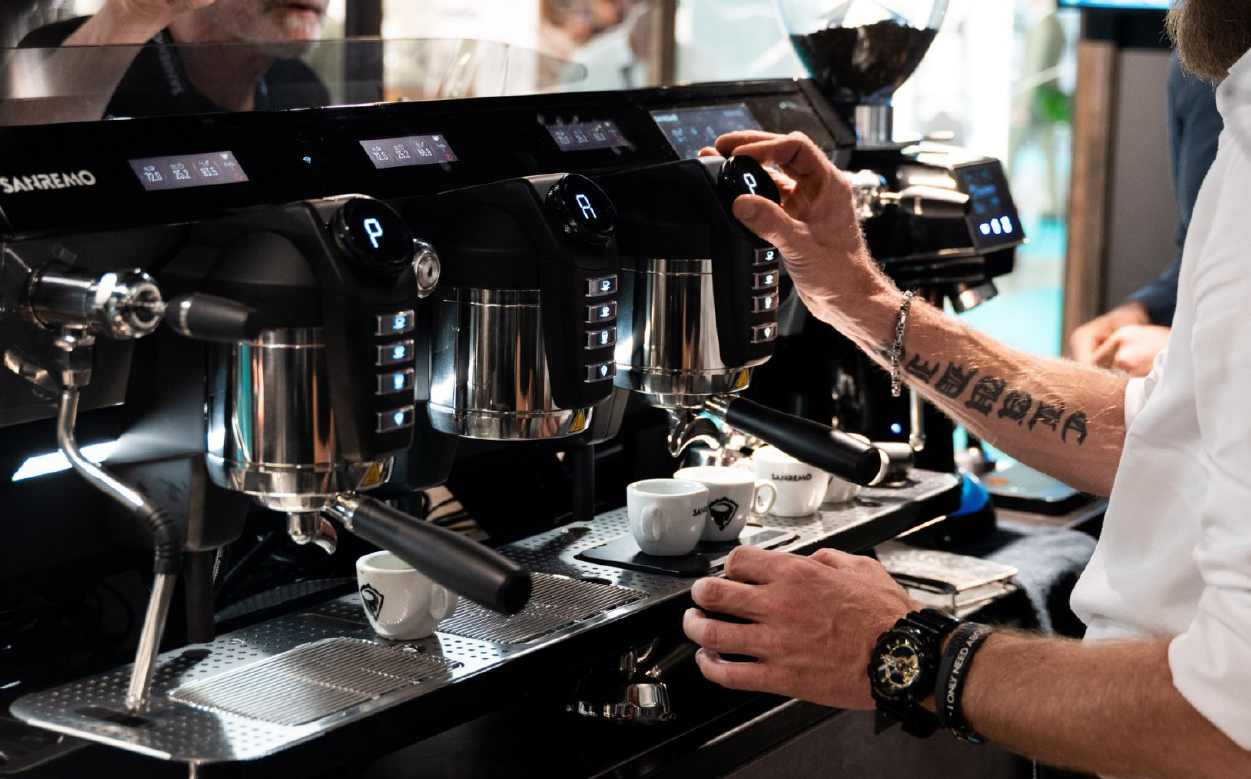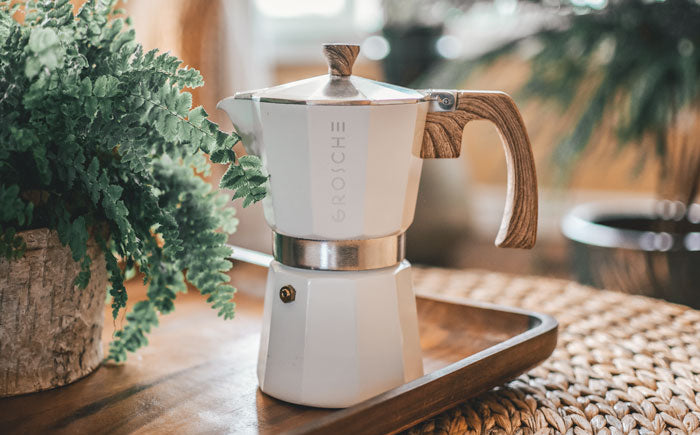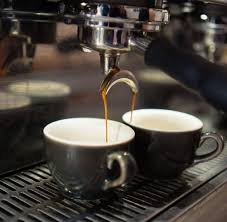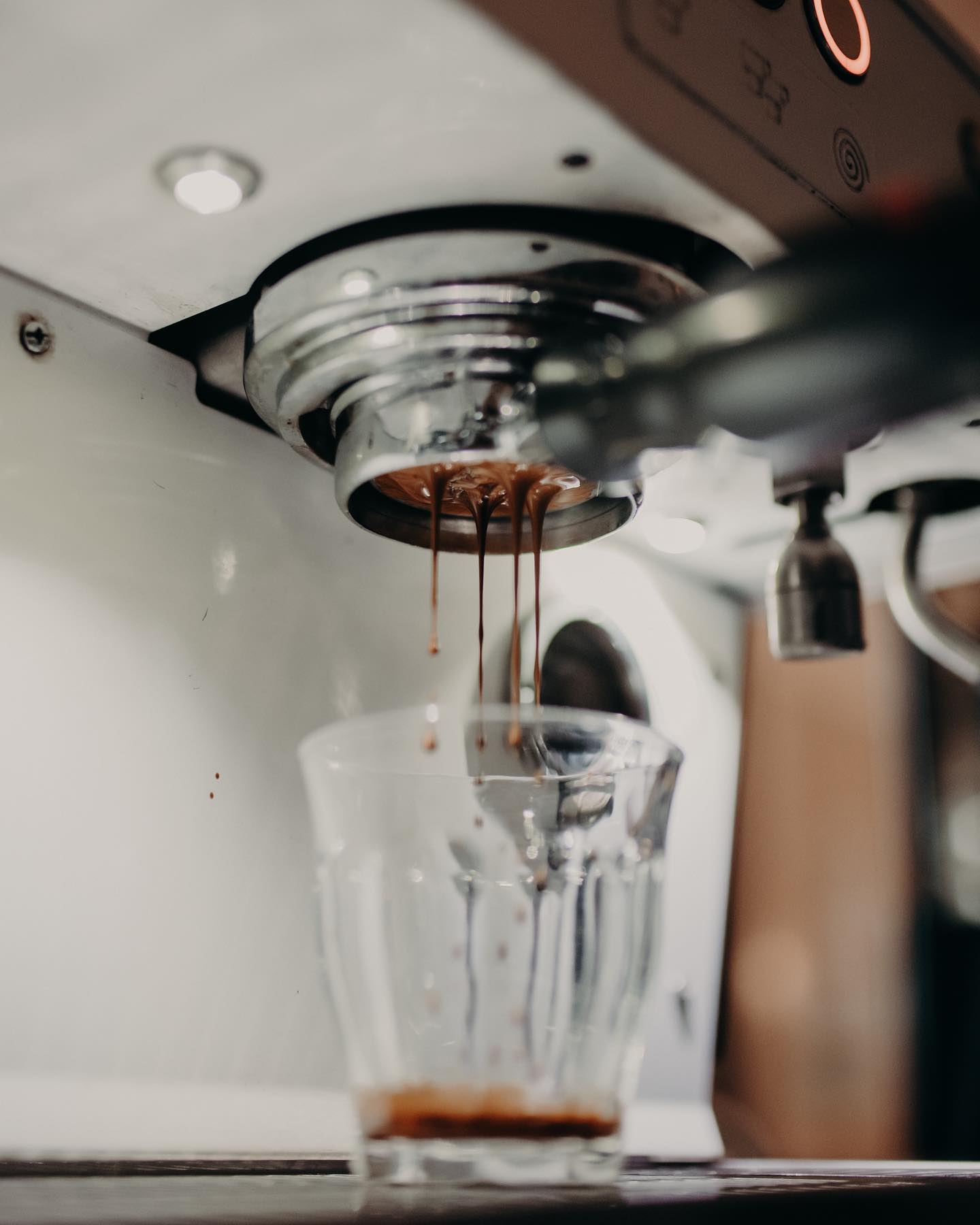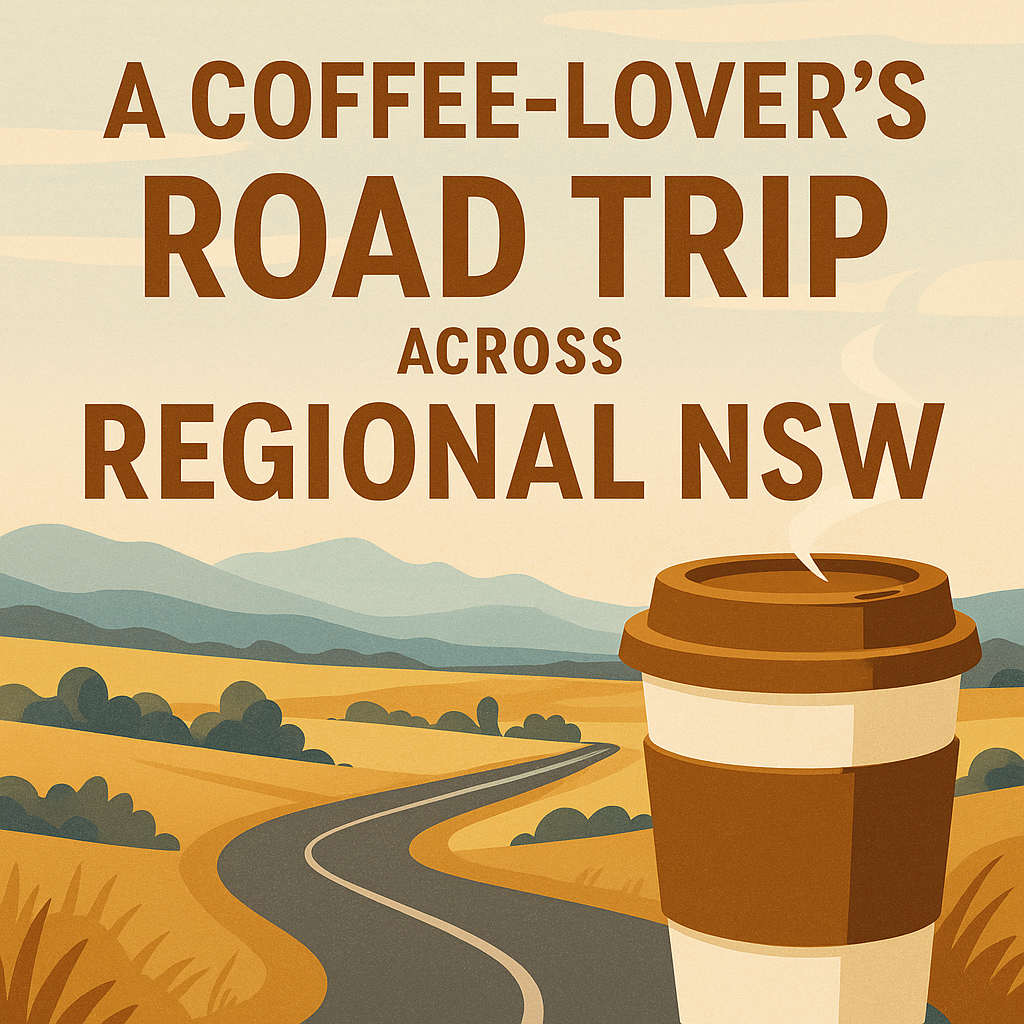Launching or running a café comes with many decisions, and one of the biggest is how to acquire your coffee equipment. Whether you’re a new café in Orange, Dubbo, or Tamworth, or an existing one upgrading your setup, you’ll likely face three options: outright purchase, rent-to-buy (leasing), or “free-on-loan” deals from coffee suppliers. Each option has its pros and cons, and choosing the right one can impact your cafe’s finances, coffee quality, and flexibility. In this guide, we’ll break down how each option works, what the coffee industry typically offers, and how Coffee Bean Roasting House’s approach stands out as a transparent, cafe-friendly solution.
Investing in the right espresso machine and grinder is crucial for any cafe. Deciding whether to buy, lease, or accept a “free” loan can shape your coffee quality and business success.
Outright Purchase of Coffee Equipment
Outright purchase means buying your espresso machine, grinder, and other coffee gear with an upfront payment. You own the equipment from day one, just as you would own a piece of furniture or a company vehicle. This is the simplest option to understand - but it requires significant capital.
Advantages of Buying Outright:
- Full Ownership & Control: You have full control to choose any brand or model that suits your cafe. There are no restrictions from a rental company or roaster’s limited range. Once purchased, the machine is yours to use, modify, or even sell if needed, and you’re not tied into any contract.
- No Ongoing Payments: Aside from maintenance or repair costs, there are no monthly rental or lease fees eating into your cash flow. Over the long term, outright ownership is often the most cost-effective route because you avoid interest or rental markups. If you plan to use the machine for many years, buying can save money versus continually paying rent.
- No Strings Attached: You’re free to source your coffee beans from any supplier without fearing contract penalties. This gives you flexibility to switch roasters or try new coffee as your business grows. Many roasters (including us at Coffee Bean Roasting House) will still offer training and support even if you own your equipment, because they value your coffee bean business and partnership.
Disadvantages of Buying Outright:
- High Upfront Cost: Commercial espresso machines and grinders are expensive - a top-of-the-line espresso machine can cost tens of thousands of dollars. Paying this all at once can strain a new café’s budget or eat up capital that might be needed for renovations, staffing, or marketing. Even mid-range machines require a significant investment.
- Maintenance Not Included: When you own the machine, you’re responsible for upkeep and repairs (after any initial warranty expires). Some suppliers offer service plans or extended warranties at extra cost. It’s wise to budget for routine servicing and potential breakdowns. (On the plus side, Coffee Bean Roasting House supports our partners with 24-48 hour repair service or a loaner machine if something breaks down, even if you own your equipment.
- Depreciation: Like a car, coffee machines depreciate. If a newer, better model comes out, your machine’s resale value drops. That said, many cafes successfully use the same equipment for many years if well maintained.
When buying outright makes sense: If you have the capital available and plan to stick with the same equipment long-term, outright purchase can be a smart investment. It gives you the lowest total cost over time and full freedom. Established cafes with steady cash flow, or new cafes with sufficient funding, often prefer to buy quality equipment once and focus on running the business. Also, small items like grinders or automatic tampers (e.g. the Cinoart auto-tamper) are relatively affordable; it usually makes sense to just buy these outright rather than complicating with leases.
Rent-to-Buy (Lease) Options for Café Equipment
A rent-to-buy arrangement - also called leasing or financing - means you pay for the equipment monthly (like renting), but have an option to own it after a set term. This approach has become popular in Australia’s hospitality industry as a way to get quality gear without the huge upfront cost. Hospitality finance companies offer “Rent-Try-Buy” plans, and some coffee suppliers partner with finance companies to help cafes lease equipment. Coffee Bean Roasting House offers customers the option to rent-to-buy equipment without the need to involve a third party.
How rent-to-buy works: You typically sign a contract (often 12 or 24 months, but some are up to 48 months) and make a fixed monthly payment to use the espresso machine or grinder. Maintenance might be included in some rental agreements, but often with pure leases it’s not, so clarify this in the contract. At the end of the lease term, you usually have a few options: pay a small residual amount to purchase the equipment, return the equipment, or upgrade to a newer model. For example, one common model is a 12-month trial rental with option to buy, or a longer 3-4 year lease that automatically lets you keep the machine at the end for a token fee.
Advantages of rent-to-buy:
- Low Upfront, Manageable Payments: You avoid the big initial expense. Instead, the cost is spread into monthly instalments that are easier on the cash flow. This is great for new cafes that need to preserve working capital for other costs. Many cafes consider the monthly lease fee as just another operating expense (often tax-deductible as well).
- Try Before Owning: Especially with shorter “rent-try-buy” plans, you get to use the equipment in your cafe and ensure it meets your needs before committing fully. If the machine isn’t right for your volume or if your cafe’s concept changes, you have the flexibility to swap or upgrade at the end of the term instead of being stuck with a misfit.
- Option to Upgrade: Leasing can offer more flexibility to upgrade regularly. If a new model with better features comes out in a few years, you can choose not to buy out the old machine and instead lease a newer one. This keeps your equipment modern without having to sell old gear.
- Eventual Ownership: Unlike pure renting, most rent-to-buy agreements let you own the machine after the term (either automatically or with a final payment). You’re building equity in the equipment with each payment. For instance, with Coffee Bean Roasting House you will automatically own the equipment at the end of the rental term. This can give peace of mind that the money paid isn’t “lost” entirely to rent.
- Predictable Budgeting: You know exactly what the equipment will cost each month, making it easier to budget. There are no surprise expenses (as long as the machine is cared for and under any included maintenance plan). Many leases have fixed interest rates, locking in your cost. And since the lease payment is an operating expense, tax benefits may apply (interest or the full payment can often be deducted, check with your accountant to see if this will be the right option for you).
Disadvantages of rent-to-buy:
- Higher Total Cost: Leasing usually costs more in total than buying outright. You’re essentially paying interest or finance charges spread over the term. If you add up all the monthly payments (and any purchase residual), it often exceeds the original price of the machine. This is the trade-off for not paying upfront.
- Contract Commitments: You are locked into a contract. If you need to exit early (say, you close the cafe or want to return the machine sooner), there can be penalties or a required payout of the remaining balance. It’s important to read the terms - some leases are difficult to break without significant cost.
- No Ownership Until End: Until you make that final payment, the machine isn’t officially yours. That means if you decide halfway through that you don’t want the equipment, you can’t easily sell it off - you have to deal with the rental or finance company. Also, if the leasing company doesn’t include maintenance, you might be paying for repairs on a machine you don’t yet own.
- Approval Process: Leasing often requires a credit check or approval process since it’s a financing arrangement. New business owners might need to provide personal guarantees or show financial statements. It’s usually not as simple as swiping a credit card to buy a machine.
When rent-to-buy makes sense: If preserving cash is critical and you want top-notch equipment, leasing can be a lifesaver. Many regional NSW cafes that are just starting out choose rent-to-buy so they can afford a premium La Marzocco or Sanremo machine without the lump sum outlay. It’s also useful if you expect to upgrade equipment frequently or if you’re not sure how your initial volume will pan out. Coffee Bean Roasting House understands the value of this option - that’s why we provide guidance and options for rent-to-buy equipment for our partner cafes. In fact, the industry as a whole is seeing a shift towards funding equipment via leases instead of relying on “free” loans tied to bean purchases, because it offers more transparency (for both cafe and roaster) and clearer cost control.
“Free-On-Loan” Coffee Equipment: The Hidden Costs
In the coffee industry, especially among coffee roasters and suppliers, a “free-on-loan” equipment deal is a common offering. This is when a roaster provides you with an espresso machine, grinder, or other gear at no upfront cost, essentially loaning it to your café for free. In exchange, you commit to buying coffee beans (and often other consumables) exclusively from that roaster, usually with a minimum volume per week or month. At first glance, this sounds like a win-win: you save tens of thousands on equipment, and the roaster secures a loyal customer for their beans. However, as many cafe owners eventually learn, “free” equipment is never truly free.
How free-on-loan works: You sign an agreement with the roaster that outlines the terms - typically, you agree to purchase a certain number of kilograms of coffee beans from them weekly or monthly, for a contract period (say 1-3 years). The roaster, in turn, loans you the equipment to use for that period. They usually retain ownership of the machine. Often, they’ll include machine maintenance and staff training as part of the package, since it’s in their interest to keep you making great coffee (and using their beans). If you stop buying the required amount of coffee or want to end the deal early, there are clauses that the equipment will be taken back or you might have to pay the remaining value of it.
Advantages of free-on-loan (why cafes consider it):
- No Upfront Equipment Cost: This is the biggest draw. For a new café on a tight budget, getting a $15,000 espresso machine for free is extremely enticing. It removes the largest capital barrier to opening a coffee shop. You can use that saved money for other expenses - decor, staff, rent, etc.
- Access to Premium Gear: Roasters often loan out high-quality, reputable equipment. They want their beans showcased on good machines. So you might get a top-of-the-line machine and grinder setup that you otherwise couldn’t afford initially. This means you can potentially serve better coffee and compete with established cafes in quality from day one.
- Training and Support: A roaster providing a free-on-loan machine usually invests in your success. It’s common for them to offer barista training for your staff, equipment calibration, and regular maintenance checks. Essentially, they become a partner in your business. For a first-time cafe owner, this guidance can be very valuable.
- Consistency and Reliability: Because the roaster is responsible (to some degree) for the equipment, they often handle preventative maintenance and repairs. You have the peace of mind that if the machine breaks, the roaster will fix it or swap it out quickly - since they own it and don’t want you unable to serve their coffee. This can reduce downtime worries, especially if the roaster has local technicians. (Always clarify service terms in the contract.)
- Marketing Perks: Some specialty coffee roasters co-brand with their cafe partners. By teaming up with a respected roaster, you might get marketing materials, signage, or be listed on the roaster’s website/social media as a partner cafe. It can add to your café’s credibility that you’re using “X Roaster’s coffee and equipment,” attracting customers familiar with that coffee brand.
With all those benefits, it’s easy to see why the free-on-loan model became popular. In fact, for years it was a standard practice to help roasters lock in wholesale customers and help cafes get started. But here’s the reality: Nothing in business is truly free, and the costs of a free-on-loan deal are simply hidden in the price of the coffee and the contract terms.
The hidden downsides of free-on-loan:
- Higher Coffee Bean Prices: To recoup the cost of that “free” $15k machine, the roaster will charge a premium on the coffee beans you buy. Cafes often end up paying more per kilo for their coffee to cover the cost of the ‘free’ equipment. Essentially, each latte you sell has a few extra cents built in that eventually pay off the machine. Over time, you might pay far more than the machine’s value in inflated coffee prices. It’s not always obvious, because you might just see, say, $5 extra per kilo - but that adds up over hundreds of kilos.
- Locked into One Supplier: You usually must buy all your coffee (and sometimes even ancillary products like cups or syrups) from the roaster. If a new award-winning roaster opens up down the road, or your customers ask for a different coffee, you can’t switch without breaking your contract. You lose flexibility in offering guest beans or trying better deals on supplies. Your menu is effectively tied to one roaster’s range.
- Paying More If You Succeed: Here’s an irony - the more successful your café is, the more you pay for the machine. Because the cost is hidden in each kilo of coffee, if you double your sales, you’ll be buying double the coffee beans (and thus paying double towards the machine). To put it simply, the more coffee you serve, the more the machine will cost you in a free-on-loan scenario. You could end up paying for the machine many times over if your volume is high. In contrast, if you bought or leased a machine, its cost is fixed regardless of how much coffee you sell.
- Penalties for Underperformance: On the flip side, what if business is slower than expected? Free-on-loan contracts often stipulate minimum coffee orders. If you don’t meet the forecasted volume, the supplier might charge you a shortfall fee or invoice you for the equivalent profit they expected. Alternatively, they may extend your contract to give you more time to buy the required amount of coffee (locking you in longer than you planned). Either way, you eventually pay off that machine cost, even if it takes extra years. This can be risky for cafes in small towns where coffee sales can fluctuate seasonally.
- Quality Considerations: While not always the case, some roasters might supply a basic machine model or provide coffee beans that maximize their margins. If a roaster is giving away equipment, they might not always be the top specialty grade coffee - they need volume to profit. As a cafe owner, you have to ensure the coffee quality aligns with your vision. You don’t want to be stuck with a deal where you feel obligated to use a bean your customers don’t love, just because of the “free” machine.
- Lack of Transparency: Perhaps the biggest issue is the lack of transparent costs. You don’t have a clear line item for the machine; it’s bundled into coffee costs and contracts. This can make it hard to truly calculate your profit margins per cup. It also can strain the cafe-roaster relationship if expectations aren’t met (e.g., disputes about whether the cafe promoted the coffee enough to hit volume, or the roaster’s coffee pricing).
In short, “free-on-loan” really means you are paying for the equipment, just indirectly. You’re trading a capital expense for an ongoing higher operational expense. As the saying goes, “there’s no such thing as a free lunch,” and indeed, no such thing as a truly free espresso machine in business.
Industry Norms vs. a Transparent Approach
In the broader coffee industry, especially in Australia, the free-on-loan model became quite common as a way for roasters to expand their wholesale network. Big-city roasters often tout “we’ll put a machine in for free if you buy our beans,” and many regional cafes have taken those offers. However, this model can create a “golden handcuffs” situation for café owners - you get shiny equipment and support, but you’re chained to that supplier. Over time, some in the industry have recognised the pitfalls. For example, a 2024 report noted that both cafes and roasters can feel constrained by free-on-loan deals, and more are shifting to transparent funding options instead. Forward-thinking cafes are looking for ways to own or finance equipment without hidden costs, and progressive roasters are focusing on coffee quality and fair pricing rather than locking in clients with equipment.
How Coffee Bean Roasting House is different
As a pioneer in specialty coffee in regional NSW, Coffee Bean Roasting House has always believed in building partnerships on quality, trust, and transparency. We have the ability to arrange free-on-loan equipment if a café really needs that model - but in most cases, we don’t recommend it. Why? Because we want our partners to buy our coffee because it’s the best, not because they’re stuck in a contract. We offer outright purchase, wholesale pricing, and rent-to-buy options for equipment (espresso machines and grinders) to our café clients. This way, the costs are clear. If you rent/lease a machine, you know the monthly rate. If you buy one, you know the price. Our coffee bean pricing is kept transparent and competitive - not inflated to subsidise a “free” machine.
Coffee Bean Roasting House was one of the first specialty coffee roasters in regional NSW, and since the early 1990s we’ve focused on in-house roasting, expert training, and genuine support for cafes. We’ve grown with our cafe partners from the base of the Blue Mountains to Bourke, Tenterfield to Albury. In these close-knit communities, reputation and relationships matter. We don’t want to sour a partnership by sneaking equipment costs into coffee bills. Instead, we help cafes choose the right equipment option for their business: if you’re in a place like Bathurst or Armidale and need a machine upgrade, we can discuss financing or find quality second-hand equipment to purchase outright. If you already have a machine, we’re happy to provide our coffee and still give you training and technical support - you don’t need to “buy” our service by signing a machine contract.
Transparency also means being upfront about the true costs of each option. We walk our clients through the long-term numbers: for example, we can calculate how much a lease will cost over 3 years versus the estimated hidden cost of a free-on-loan deal versus buying outright. This honesty is why many cafes from Forbes up to Tenterfield trust us as not just a supplier, but as a café partner. We’ve even provide in-house rent-to-buy finance solutions to offer tax-deductible equipment rentals that avoid the free-on-loan trap, so you get the gear you need while keeping your coffee pricing fair.
Choosing the Best Option for Your Café
Every café’s situation is unique. A bustling cafe with healthy cash reserves in Dubbo might lean toward buying a top-notch machine outright to maximize long-term savings. A startup espresso bar in a small town may need to lease equipment to conserve cash in the first year. Another cafe might be tempted by a free-on-loan offer from a big roaster - but should carefully weigh the real cost of that “free” deal. Here are some final tips to consider when deciding:
- Do the Math: Whichever option you consider, break down the costs. If leasing, what’s the total you’ll pay over the term (and any buyout fee)? If free-on-loan, how much more per kilo are the beans, and what does that add up to yearly? Sometimes, a quick spreadsheet will reveal that an espresso machine’s value is being paid off two times over under certain deals.
- Consider Your Cash Flow: If you need financial breathing room, leasing or a honest free-on-loan deal (with fair bean prices and no volume penalties) might be justified. But if you have access to a low-interest loan or some savings, buying outright can save you money long-term. It’s about balancing short-term affordability with long-term cost.
- Think About Flexibility: Are you the type of café owner who loves to experiment with different coffee blends and origins? If so, don’t shackle yourself to one supplier’s beans via a contract. You might value the freedom of owning your machine and shopping around. On the other hand, if you strongly believe in one roaster’s coffee and want a deep partnership, a free-on-loan (structured fairly) could work - just ensure you’re truly happy with that roaster for the long haul.
- Assess the Support: Equipment is only as good as the service behind it. If you buy outright, do you have a service plan or a local technician in regional NSW who can help if something goes wrong? (With Coffee Bean Roasting House, for example, we’re on call for our partners and provide loaner machines in emergencies. If you lease, does the finance company include maintenance or is the roaster still going to help you? If free-on-loan, what exactly does the roaster cover and what do you have to handle? Always clarify maintenance responsibilities, because a broken machine can grind your cafe to a halt.
- Evaluate the Equipment Quality: Make sure any option provides commercial-grade, reliable equipment. Don’t accept a free-on-loan machine that’s under-powered for your volume or an outdated model that could be prone to issues. Similarly, if leasing, try to get new or certified-used machines with warranty. Your coffee quality and consistency depend on good equipment. Sometimes paying a bit more is worth it for a trusted brand or a service agreement that keeps it running smoothly.
Finally, remember that your coffee equipment is an investment in your business’s success. It affects the quality of every cup you serve and your ability to provide a great experience. At Coffee Bean Roasting House, our feeling is that an informed cafe owner is an empowered cafe owner. We’re here to help you navigate these decisions with honest advice. If you’re in regional NSW and considering your options, feel free to reach out - we can talk you through the rent vs lease vs buy debate as part of our partnership approach. We believe that when you have the right equipment, the right coffee, and a transparent relationship with your supplier, your cafe will flourish.
Bottom line
We want to see more cafes equipped with excellent machines making amazing coffee, not tied down by fine print. By understanding the real costs and benefits of each equipment option, you can choose what’s best for your café’s future. Here’s to brewing great coffee, growing thriving cafes across Western NSW, and doing it all with clear eyes and confident decisions!
If you would like to chat about the right options for your cafe and explore how our team can help, contact us

